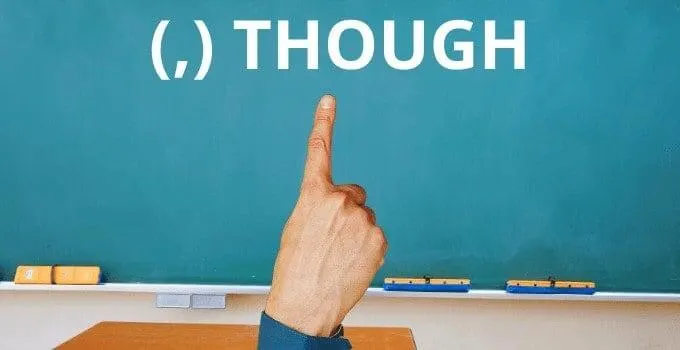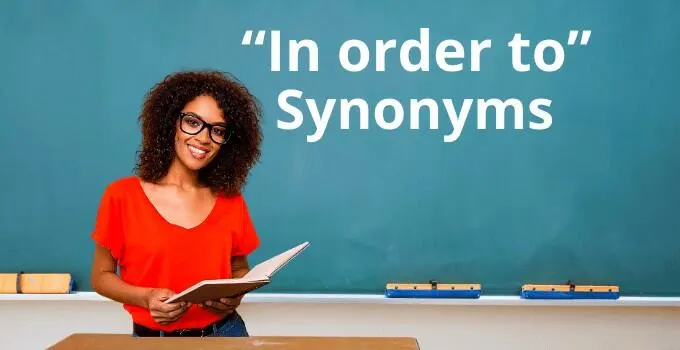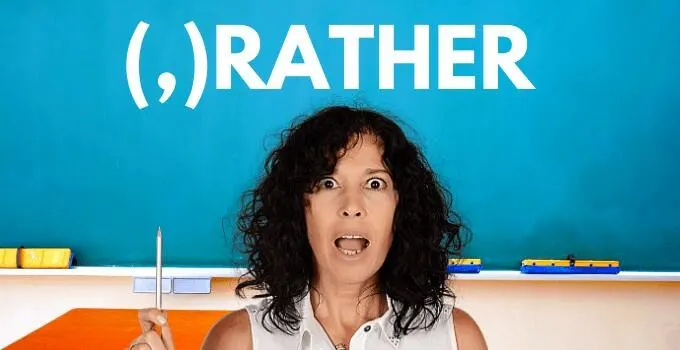When you should and shouldn’t use a comma after the word “recently.” There are a lot of complicated rules in the English language, but commas certainly take the cake. No matter how familiar you are with commas, there are some that can really trip you up. In this article, we’ll look at the word “recently” …
Search results for: coordinating conjunction
Of all the punctuation marks that we writers have to wield, the comma may be the hardest to master. Why, I hear you wonder, are commas so unwieldy? After all, aren’t there plenty of grammar books and style guides telling you how and when to use these little creatures? Yes, there are several style guides …
For many writers, especially those still starting out, the rules governing grammar and punctuation may seem esoteric and strange. Also, if you’ve ever had the displeasure of coming across a stickler for the rules, you are always left with the impression that those who don’t follow grammar rules to the letter might as well not …
Using commas with words is quite a pain in the neck. We think we know what to do, yet at times we don’t. This very dilemma happens to be true with the word “sometimes,” an adverb of frequency that also means “occasionally.” This article, however, would like to focus only on when to use a …
Whenever you start learning a language, there are always a few things that are bound to stump you. There are words that have multiple meanings, and the only way to figure out the meaning is from the surrounding contexts. There are phrases and expressions that are completely idiomatic and have nothing to do with the …
Any writer worth their salt knows the importance of having a dictionary handy and nearby. There are countless situations where you need a little help to find the right word that perfectly describes what you want to say. Moreover, there are other scenarios where you know the right word but want to use one of …
Commas are tricky creatures. A lot of the time, whether you use them or not depends on how important the following information is. So, if the information you provide is critical to the meaning of the sentence, then you shouldn’t use a comma. For instance, when talking about your oldest brother, you should say, “My …
Do You Need a Comma Before “Then”? You need a comma before then in sentences that have conditional clauses (aka, ‘if/then’ statements). A comma is also needed when ‘then’ separates two independent clauses. If you’re omitting ‘and’ or ‘but’ before ‘then,’ include a comma for clarity, even without two independent clauses. Dividing Two Conditional …
Punctuation is all about meaning, this also holds true when talking about today’s topic: ‘Comma before rather.’ Though it may appear that strict rules must be followed, their purpose is to clarify the meaning for the reader and simplify their lives. For instance, a classic example that you can find online goes like this. Let’s …









